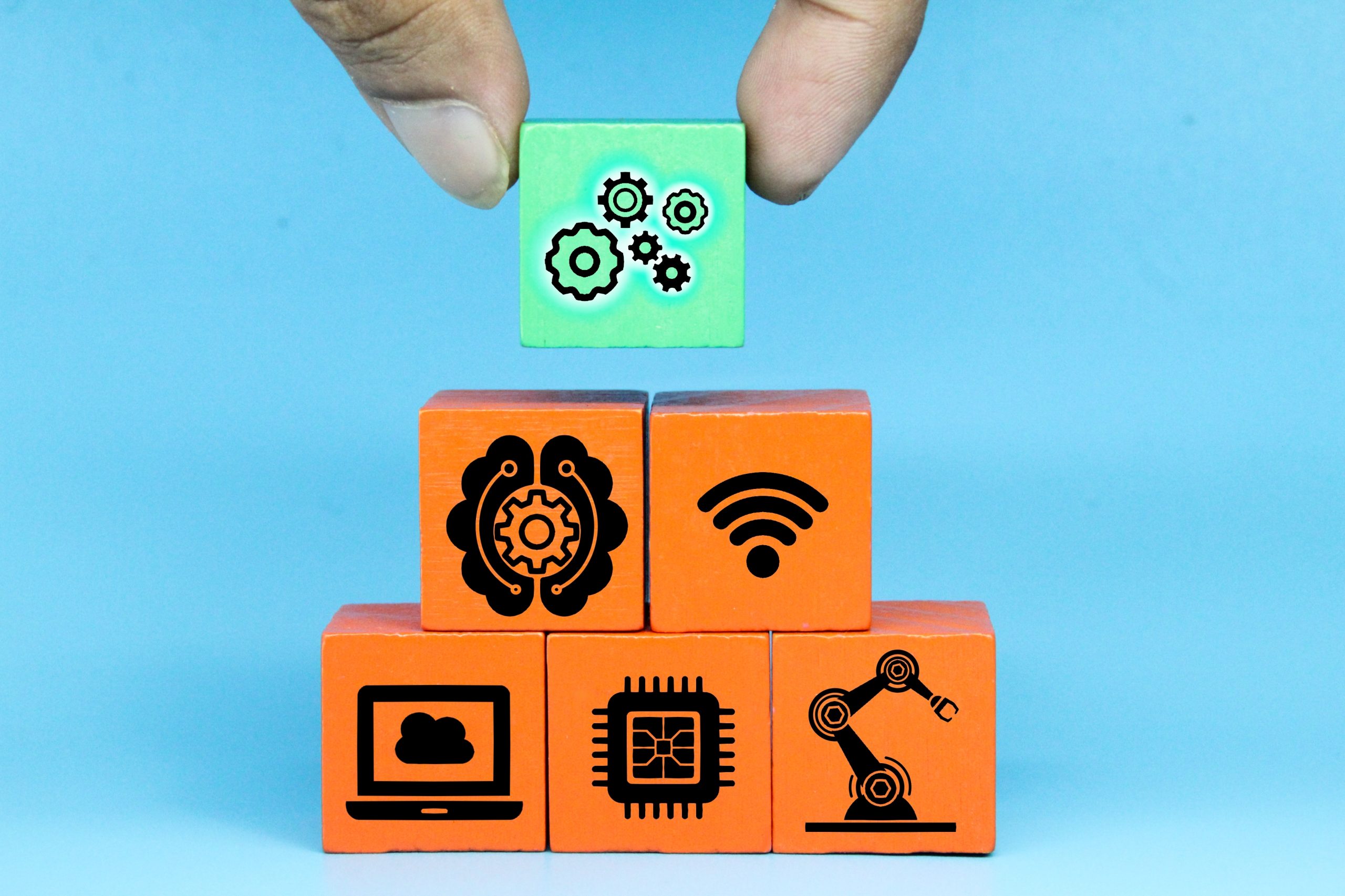Healthcare is a high-stakes game. Every decision counts, and every patient deserves the best possible care. With this pressure, safeguarding sensitive patient information is not just a priority. In fact, it’s a legal and ethical obligation. And this is exactly where secure messaging becomes indispensable, acting as both a shield and a tool for healthcare organizations. Secure messaging is more than just a communication tool.
Yes, it is a strategic asset that enhances patient privacy, streamlines communication among care teams, and boosts operational efficiency. In this post, we will delve into the critical role of secure messaging and how your organization can leverage it to elevate patient care and maintain compliance with regulations.

The Critical Role of Secure Messaging
Secure messaging, particularly through a messaging app that is HIPAA compliant, has evolved from a luxury to a necessity. In healthcare, where confidentiality and speed are paramount, secure messaging provides a safe and efficient way to exchange sensitive patient information.
Protecting Patient Privacy
Handling patient data with care is not optional; it’s a fundamental responsibility. Medical histories, treatment plans, and personal information must be protected against breaches that can lead to severe consequences, including legal penalties and loss of trust. Secure messaging platforms offer the encryption and access controls needed to safeguard this sensitive information.
HIPAA Compliance: Using a HIPAA-compliant messaging app ensures that your organization adheres to federal regulations, minimizing the risk of data breaches and legal repercussions.
Data Encryption: Secure messaging systems use advanced encryption technologies to protect data both at rest and in transit, making it nearly impossible for unauthorized parties to access patient information.
Access Controls: Granular control over who can view and share patient data is crucial. Secure messaging platforms should allow you to set permissions based on user roles, ensuring that only authorized personnel can access sensitive information.
Enhancing Patient Care Through Secure Communication
Patient care relies heavily on effective communication among healthcare providers. Secure messaging platforms not only protect data but also facilitate better collaboration and faster response times, directly impacting the quality of care.
Improved Collaboration: Real-time communication between doctors, nurses, and other healthcare professionals is essential for coordinating care. Secure messaging platforms make this possible without compromising patient privacy.
Faster Response Times: In urgent medical situations, every second counts. Secure messaging enables the immediate exchange of critical information, allowing healthcare providers to act quickly and potentially save lives.
Enhanced Patient Engagement: Secure messaging isn’t just for healthcare providers. Patients can use it to communicate with their doctors, ask questions, schedule appointments, and access test results, fostering a stronger, more proactive patient-provider relationship.
Key Features of a Secure Messaging Platform
To fully benefit from secure messaging, it’s important to choose a platform that meets the specific needs of your healthcare organization. Here are the key features to look for:
HIPAA Compliance: The platform must comply with all HIPAA regulations to ensure that patient data is adequately protected.
Robust Encryption: Strong encryption protocols are essential to safeguard data both at rest and in transit.
User Authentication: Implementing multiple layers of authentication, such as two-factor verification, helps prevent unauthorized access to sensitive information.
Audit Trails: A comprehensive audit trail records all message activity, which is vital for compliance and security monitoring.
Integration Capabilities: The platform should seamlessly integrate with electronic health records (EHRs) and other healthcare systems to streamline workflows and reduce administrative burdens.
Mobile Accessibility: Healthcare providers often need to access information on the go. A mobile-friendly platform ensures that they can communicate securely from anywhere.
Implementing a Secure Messaging System: Best Practices
Implementing a secure messaging system requires careful planning to ensure that it meets your organization’s needs and complies with all relevant regulations. Here’s a step-by-step guide:
Needs Assessment: Start by evaluating your organization’s communication needs. Identify the specific features required in a secure messaging platform, such as HIPAA compliance, integration with existing systems, and mobile accessibility.
Vendor Selection: Research potential vendors and choose a messaging provider that aligns with your organization’s requirements. Look for a vendor with a proven track record in healthcare and a commitment to security.
Employee Training: Once the platform is selected, provide comprehensive training to all staff members. They should understand how to use the messaging system effectively and follow security best practices to protect patient information.
Ongoing Monitoring and Updates: Regularly review and update your messaging policies to ensure ongoing compliance with HIPAA and other regulations. Stay informed about emerging security threats and adapt your practices as needed to address new risks.
The Future of Secure Messaging in Healthcare
As technology continues to advance, the role of secure messaging in healthcare will only become more critical. Innovations such as artificial intelligence (AI) and machine learning (ML) are being integrated into secure messaging platforms to further enhance communication and patient care.
These technologies can help automate routine tasks, predict patient needs, and provide healthcare providers with actionable insights in real time.
Wrapping It Up
In the rapidly evolving healthcare landscape, secure messaging is an indispensable tool for protecting patient privacy and enhancing patient care. Implementing a HIPAA-compliant messaging app can help your organization meet regulatory requirements, build trust with patients, and streamline operations. As digital communication continues to evolve, staying ahead with the right tools and practices will ensure that your healthcare organization remains at the forefront of patient privacy and care excellence.












